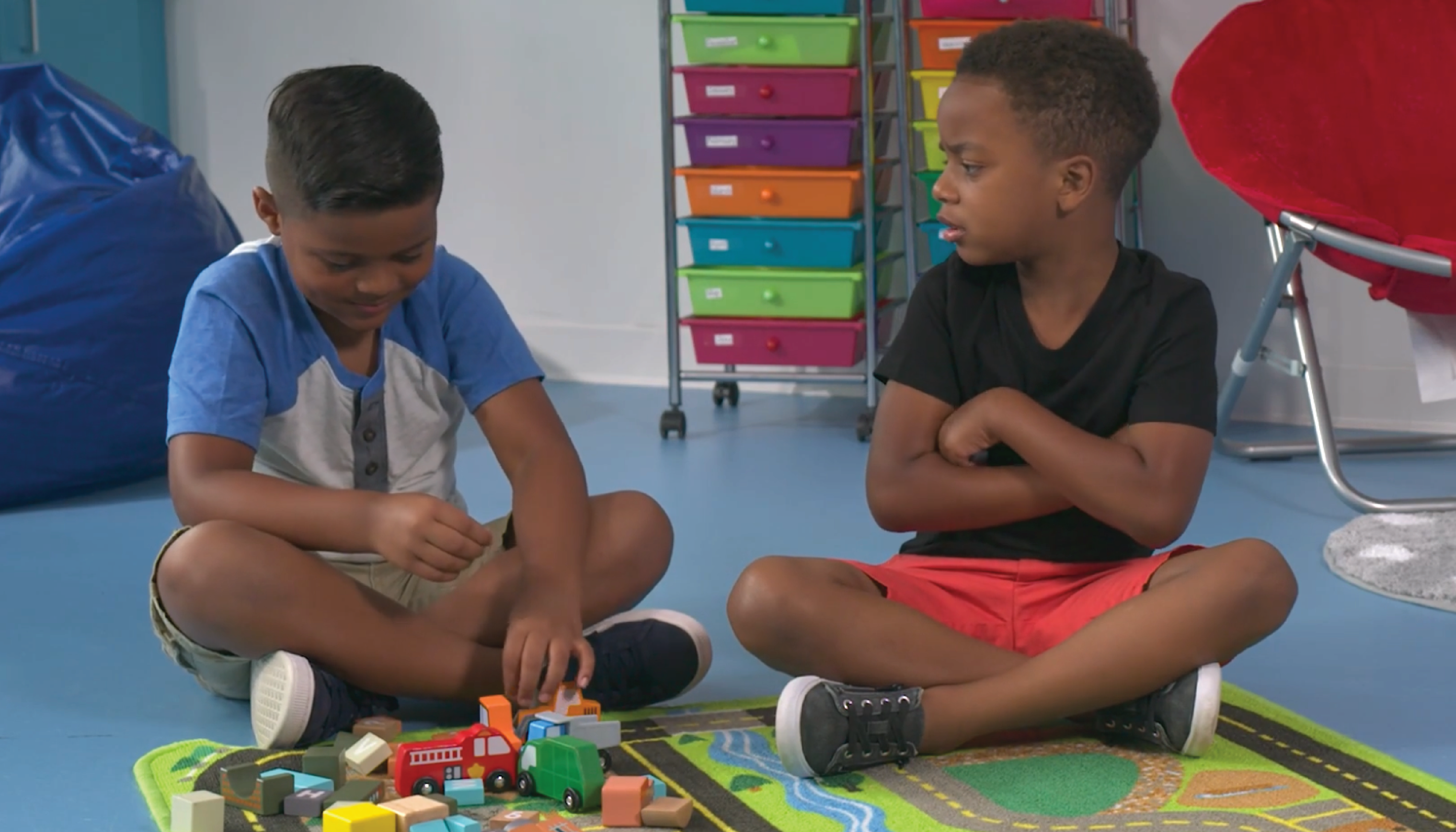
Introduction
Apologizing is an essential social-emotional skill that helps students develop empathy, maintain positive relationships, and take responsibility for their actions. In this blog post, we will explore an easy-to-implement activity that teaches students when and how to say “sorry” effectively. We will also provide discussion questions to deepen their understanding of the topic and suggest related skills for further development.
No-Prep Activity
This activity is designed to help students understand the importance of apologizing and practice saying “sorry” in different scenarios. It requires no preparation or materials from the educator, making it an ideal choice for busy classrooms.
- Divide students into small groups or pairs.
- Ask each group to come up with a scenario where someone might need to apologize. For example, accidentally knocking over a friend’s project, interrupting someone during a conversation, or forgetting to return a borrowed item.
- Have the students role-play the scenario, with one person acting as the person who needs to apologize, and the other as the person receiving the apology.
- Encourage the students to practice saying “I’m sorry,” explaining why they are sorry, and showing that they care about the other person’s feelings.
- After each role-play, ask the group to discuss how the apology made them feel and whether it was effective in resolving the situation.
- Rotate roles and scenarios so that all students have the opportunity to practice apologizing and receiving apologies.
Discussion Questions
Use these questions to stimulate further discussions about the importance of apologizing and the role it plays in maintaining healthy relationships:
- Why is it important to apologize when we hurt someone’s feelings or make a mistake?
- How does apologizing show that we care about others and their feelings?
- Can you think of a time when someone apologized to you? How did it make you feel?
- What are some challenges people might face when trying to apologize? How can we overcome these challenges?
- How can we ensure that our apologies are sincere and genuine?
Related Skills
In addition to learning when and how to apologize, students can benefit from developing other social-emotional skills that promote positive relationships and emotional well-being. These include:
- Empathy: Understanding and sharing the feelings of others.
- Active listening: Paying full attention to the speaker, showing interest, and asking relevant questions.
- Conflict resolution: Addressing disagreements and finding solutions that benefit all parties involved.
- Assertiveness: Expressing one’s thoughts, feelings, and needs in a respectful and confident manner.
- Self-awareness: Recognizing one’s emotions, strengths, and weaknesses, and understanding their impact on others.
Next Steps
Now that you have a better understanding of how to teach students the importance of apologizing, we encourage you to explore more social-emotional learning resources. Sign up for free samples of skill-building materials and discover additional activities, videos, and tools to support your students’ growth in this critical area. By incorporating these practices in your classroom, you can help students develop the skills they need to foster positive relationships and navigate the complexities of social interactions with confidence and compassion.

